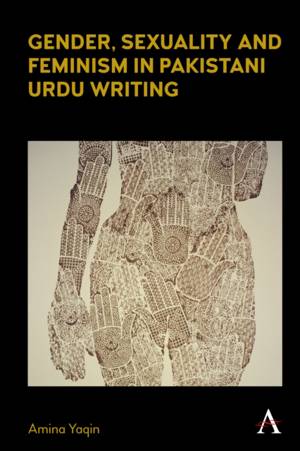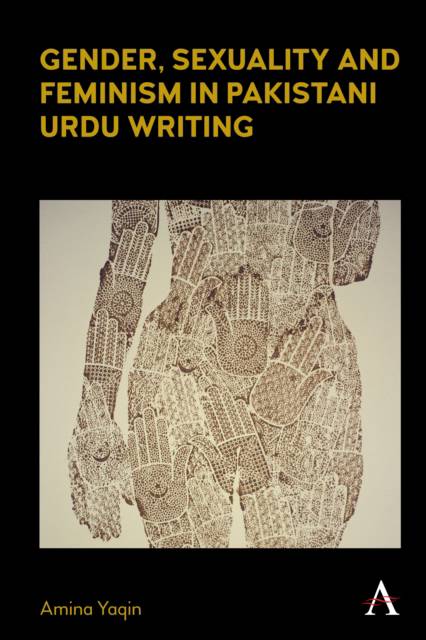
- Retrait gratuit dans votre magasin Club
- 7.000.000 titres dans notre catalogue
- Payer en toute sécurité
- Toujours un magasin près de chez vous
- Retrait gratuit dans votre magasin Club
- 7.000.0000 titres dans notre catalogue
- Payer en toute sécurité
- Toujours un magasin près de chez vous
Description
As the first study of its kind, this book offers a new understanding of progressive women's poetry in Urdu and the legacy of postcolonial politics. It underlines Urdu's linguistic hybridities, the context of the zenana, reform, and rekhti to illustrate how the modernising impulse under colonial rule impacted women as subjects in textual form. It argues that canonical texts for sharif women from Mirat-ul Arus to Umrao Jan Ada need to be looked at alongside women's diaries and autobiographies so that we have an overall picture of gendered lives from imaginative fiction, memoirs and biographies.
In the late nineteenth century, ideas of the cosmopolitan and local were in conversation with the secular and sacred across different Indian literatures. Emerging poets from the zenana can be traced back to Zahida Khatun Sherwania from Aligarh and Haya Lakhnavi from Lucknow who had very unique trajectories as sharif women. With the rise of anti-colonial nationalism, the Indian women's movement gathered force and those who had previously been confined to the private sphere took their place in public as speaking subjects. The influence of the Left, Marxist thought and resistance against colonial rule fired the Progressive Writers Movement in the 1930s. The pioneering writer and activist Rashid Jahan was at the helm of the movement mediating women's voices through a scientific and rational lens. She was succeeded by Ismat Chughtai, who like her contemporary Saadat Hasan Manto courted controversy by writing openly about sexualities and class. With the onset of partition, as the progressive writers were split across two nations, they carried with them the vision of a secular borderless world. In Pakistan, Urdu became an ideological ground for state formation, and Urdu writers came under state surveillance in the Cold War era. The study picks up the story of progressive women poets in Pakistan to try and understand their response to emerging dominant narratives of nation, community and gender. How did national politics and an ideological Islamisation that was at odds with a secular separation of church and state affect their writing?
Despite the disintegration of the Progressive Writers Movement and the official closure of the Left in Pakistan, the author argues that an exceptional legacy can be found in the voices of distinctive women poets including Ada Jafri, Zehra Nigah, Sara Shagufta, Parvin Shakir, Fahmida Riaz and Kishwar Naheed. Their poems offer new metaphors and symbols borrowing from feminist thought and a hybrid Islamicate culture. Riaz and Naheed joined forces with the women's movement in Pakistan in the 1980s and caused some discomfort amongst Urdu literary circles with their writing. Celebrated across both sides of the border, their poetry and politics is less well known than the verse of the progressive poet par excellence Faiz Ahmed Faiz or the hard hitting lyrics of Habib Jalib. The book demonstrates how they manipulate and appropriate a national language as mother tongue speakers to enunciate a middle ground between the sacred and secular. In doing so they offer a new aesthetic that is inspired by activism and influenced by feminist philosophy.
Spécifications
Parties prenantes
- Auteur(s) :
- Editeur:
Contenu
- Nombre de pages :
- 294
- Langue:
- Anglais
- Collection :
Caractéristiques
- EAN:
- 9781785277559
- Date de parution :
- 08-03-22
- Format:
- Livre relié
- Format numérique:
- Genaaid
- Dimensions :
- 152 mm x 229 mm
- Poids :
- 603 g

Les avis
Nous publions uniquement les avis qui respectent les conditions requises. Consultez nos conditions pour les avis.






